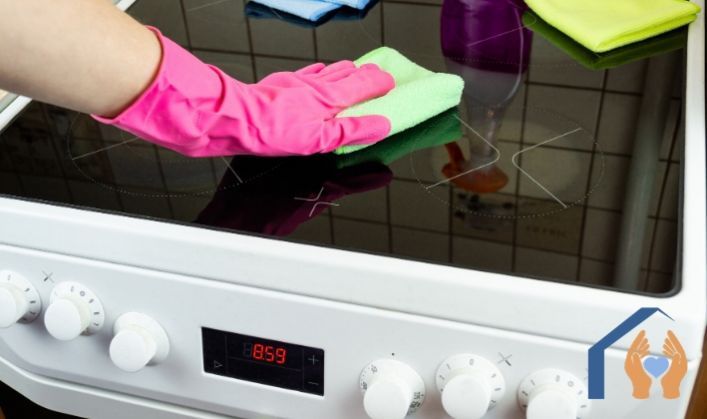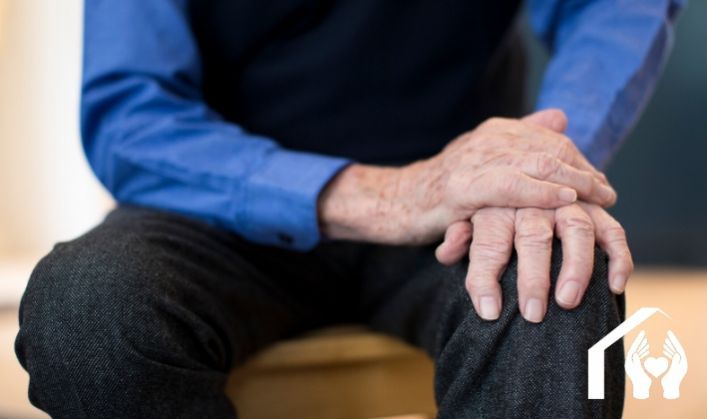-
May 15, 2020
COVID-19 has left many people questioning how they clean and sanitize their homes. The Center for Disease Control and Prevention (CDC) has stated that everyone, especially seniors, should be cleaning and disinfecting high-touch surfaces. A home health care Lincoln NE professional can assist with cleaning and sanitizing surfaces which help reduce the risk of seniors contracting COVID-19.
These surfaces include doorknobs, countertops and especially appliances. Seniors do everything on appliances, like cook dinner, store food or wash clothing. That is why it is so important to take the proper steps to sanitize a senior’s home.
The home health care Lincoln NE professionals are here to share a few tips on how to sanitize seniors' home appliances.
How to prevent the growth of viruses on household appliances
When it comes to keeping appliances and high-touch surfaces germ and virus-free, you need to clean and disinfect. Contrary to belief, both of these actions are different.
Cleaning is when you remove dirt or other organic matter from the surface—disinfecting means that you kill the germ with the use of chemicals.
The first important step to removing germs or viruses is cleaning because it removes any dirt or organic matter that gets in the way of disinfecting products.
Cleaning household appliances
Nowadays, the surface of appliances is polished or smooth. To effectively clean these surfaces, you need to know how to distinguish between abrasive cleaners, acidic cleaners and solvents.
Abrasive cleaners with mineral or nylon particles for extra friction to "scrub away" stains can damage high-gloss and mirror finishes. Acidic cleaners are corrosive by nature. These kinds of cleaners remove water and mineral deposits.
To remove any buildup oil, grease or other condiments, you want to use a solvent cleaner. Solvents or degreasers are alkaline-based detergents with a grease-dissolving component.
Disinfecting household appliances
As stated above, disinfecting kills germs but does not remove dirt or other materials. Disinfectants destroy germs and viruses by damaging their cell walls.
These kinds of products usually contain high levels of bleach or ammonia that can damage the surface of a senior loved one's appliances. Experts suggest that you avoid disinfects that have harsh abrasives, steel wool, bleach or ammonia.
How to sanitize household appliances
* Prepare a solution of lukewarm water and a gentle household detergent.
* Wet a soft or microfiber cloth and wring out well.
* Wipe surfaces regularly to prevent buildup.
* Like regular handwashing, soap and water will remove a significant proportion of microbes on household surfaces.
* If you prefer a disinfecting detergent, first check the label to see if it can be used on appliances.
* Diluted chlorine bleach is usually safe, provided you stick to the recommended dilution instructions.
* You can get a lovely gloss on stainless steel finishes by giving it a final wipe with rubbing alcohol and a soft cloth. Remember not to overuse alcohol on rubber components.
Give your aging parent or family member the help they need to sanitize their home's appliances by hiring a home health care Lincoln NE professional. At Akkase Home Health Care, our caregivers are trained to assist your senior loved ones in light-house work, maintain their hygiene and even prepare meals. Contact us today to set a consultation.



Comments